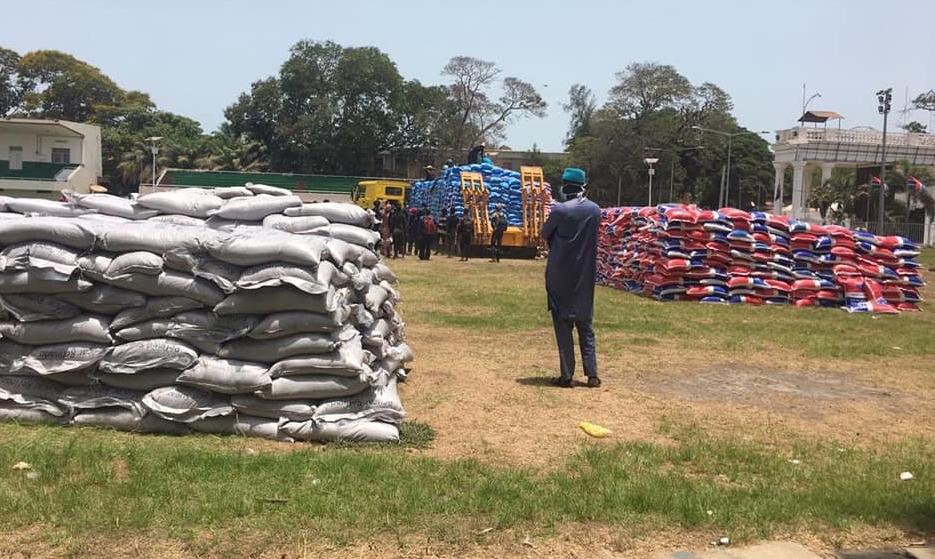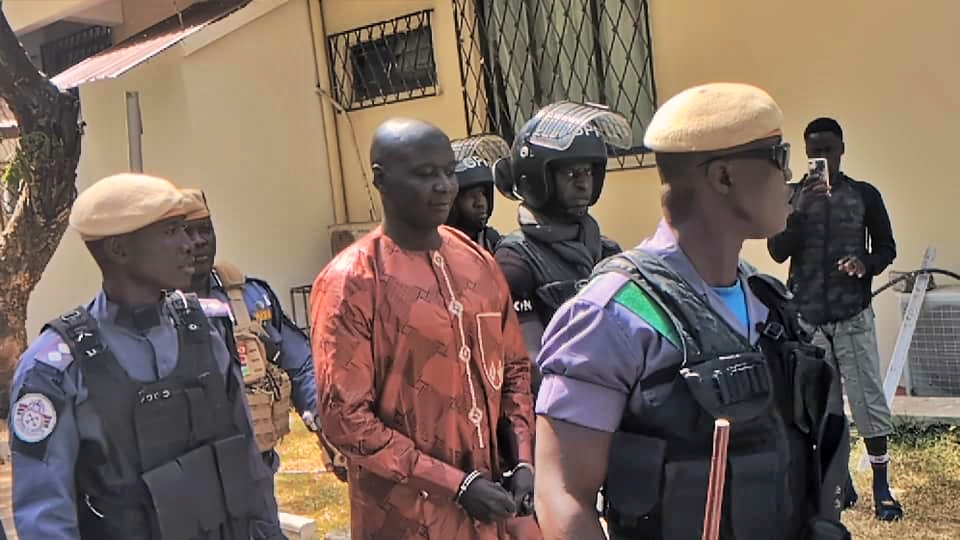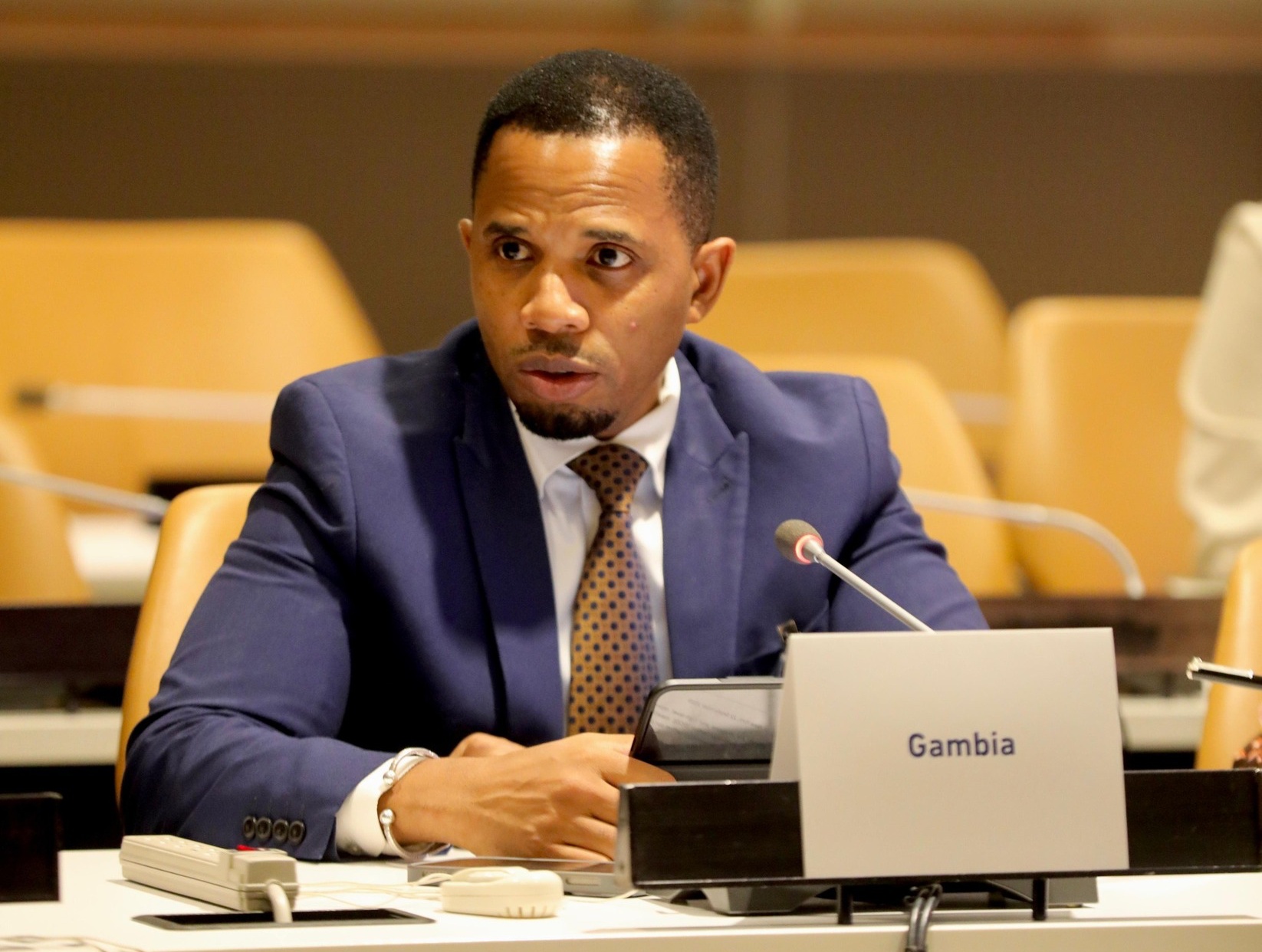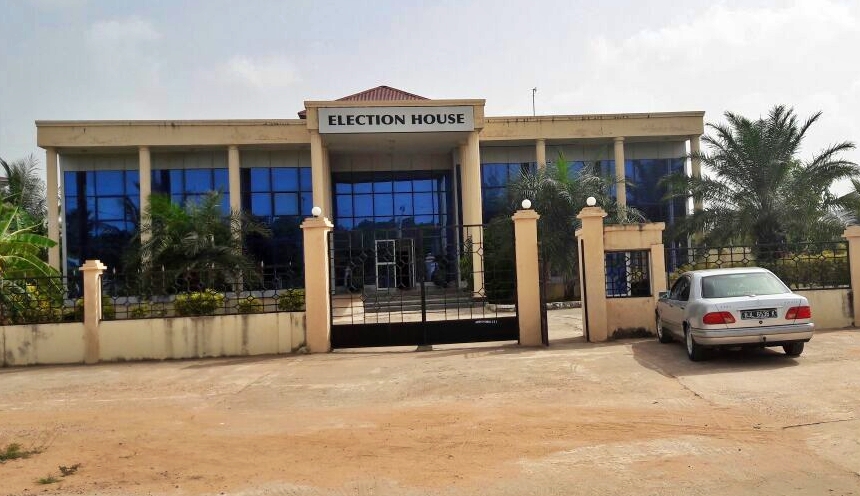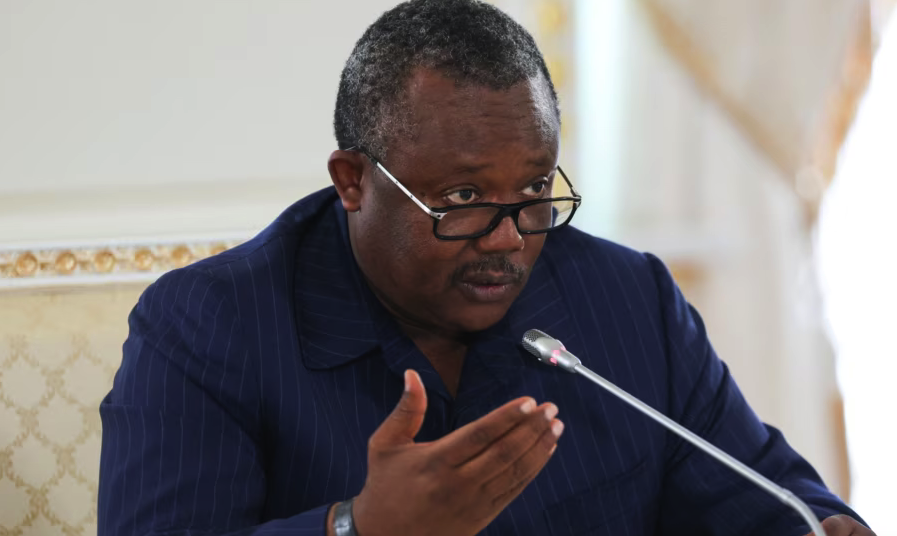Gambiaj.com – (BISSAU, Guinea-Bissau) – In a move that has sparked controversy, President Umaro Sissoco Embalo of Guinea Bissau announced that early legislative elections will be held on November 24. This decision follows consultations with the government, the National Electoral Commission (CNE), and parties with parliamentary representation at the beginning of the week.
However, the announcement has not been met with universal approval. Opposition parties, including the PAI-Terra Ranka coalition, the United People’s Assembly-Democratic Party of Guinea-Bissau (APU-PDGB), and the Movement for Democratic Alternation (MADEM-G15), have voiced strong objections. They argue that the presidential election, which is currently scheduled for February 2025, should be moved up to November 2024 instead of holding the legislative elections.
The opposition’s demands are rooted in concerns over the timing of the elections and the mandate of the current president. They believe that holding the presidential election earlier would ensure a smoother transition and prevent any potential power vacuum.
Despite these concerns, President Embalo remains firm in his decision. He has received assurances from Npabi Cabi, the president of the National Electoral Commission, regarding the electorate’s readiness to participate in the legislative vote. This endorsement appears to have reinforced his stance on maintaining the scheduled date for the legislative elections.
The upcoming elections are seen as a critical juncture for Guinea Bissau, a country that has experienced significant political instability in recent years. The outcome of these elections will likely shape the political landscape and determine the direction of future governance.
As the date approaches, the political climate in Guinea Bissau is expected to become increasingly charged, with both sides rallying their supporters and making their case to the electorate. The international community will also be watching closely, hoping for a peaceful and transparent electoral process that respects the democratic aspirations of the Bissau-Guinean people.




